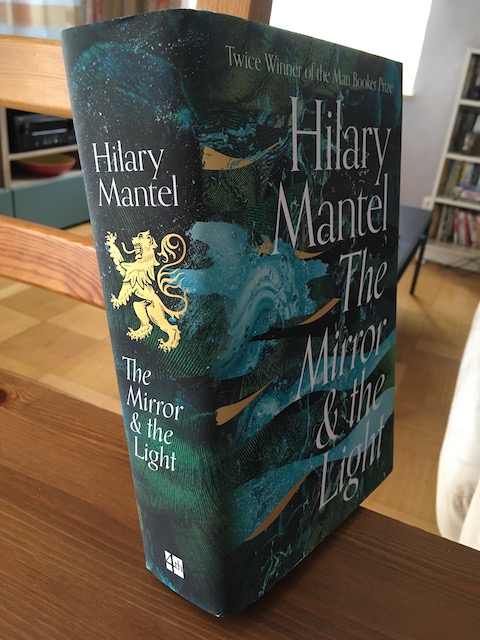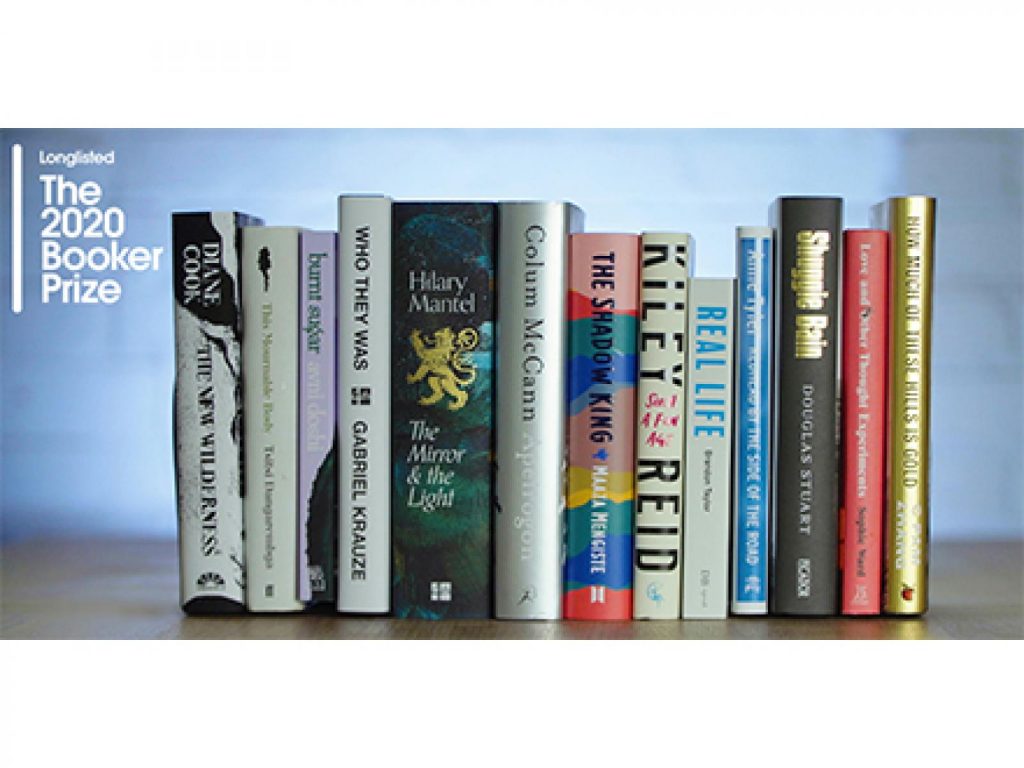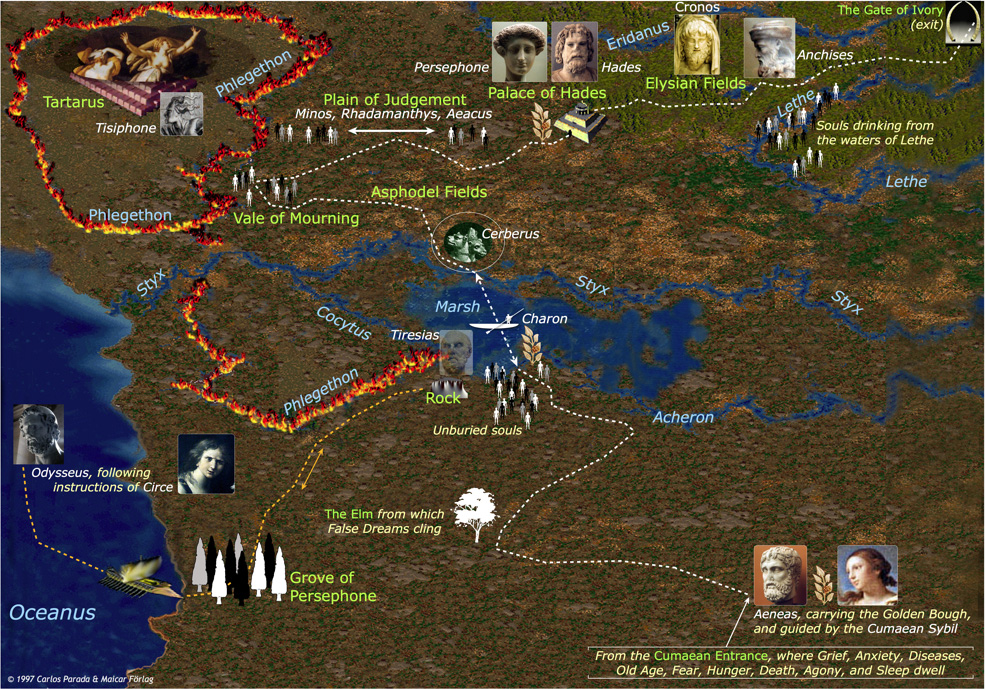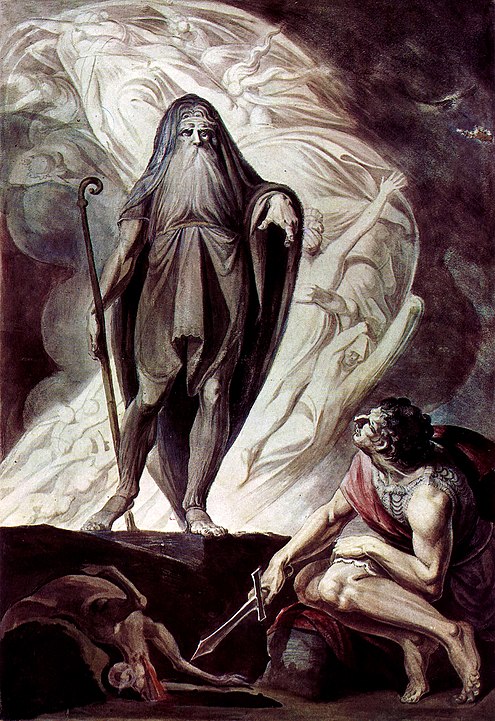The House of Mirth – by Edith Wharton
A passage or two on a novel I hadn’t read for a long time until last week. I don’t know what brought me to pick up Edith Wharton’s The House of Mirth again after so many years, but I am pleased I did. Should I have harboured some notion that a reading now would be no more than a mannered sojourn in the fabled Gilded Age of American society of yore, I was wrong.

Wharton’s narrative style of a formal literary realism in the tradition of (her friend) Henry James, is all the more real for springing as it does from the society to which she was born and only too acquainted with. A society alien to most (of us, and certainly me!), it is remarkable the ease in which the reader finds oneself embedded in the scenery somewhere, observing the passing parade of characters; their social ambitions and insecurities, their frivolities and pretensions, and wondering at the ease in which they justify their (bad) behaviour and moral ambiguity.
The novel tells the tale of the young, though soon to be no-longer-so-young and her days of marriageability therefore diminishing (twenty-nine! god forbid!), Lily Bart – beautiful, clever (but only up to a point), without money of her own it is true but well enough situated through kinship and acquaintance – and her travails within the fabulously wealthy New York society at the end of the 19th century; her sense of entitlement and appetites, and the appetites of rapacious husbands, and the jealousies of bored wives, the chances dangled within her grasp and the moments of hesitation under which they evaporated, her sense that there always was something missing, that there would be a next time – until there wasn’t.
In this world, where a young woman’s opportunities are dependent on her possessing two attributes – an impeccable social status and financial means – and where appearances mean everything, it was inevitable that a girl like Lily who attracted attention would also attract greater scrutiny and be the subject of gossip. Such is “society” that her fall from favour may well have been preordained, but the depth of her fall was predicated on her own shortcomings – for too long did she play her role; pursue fashion and pleasures she could not afford, endure false friends and disregard those who were true.
continue reading …




